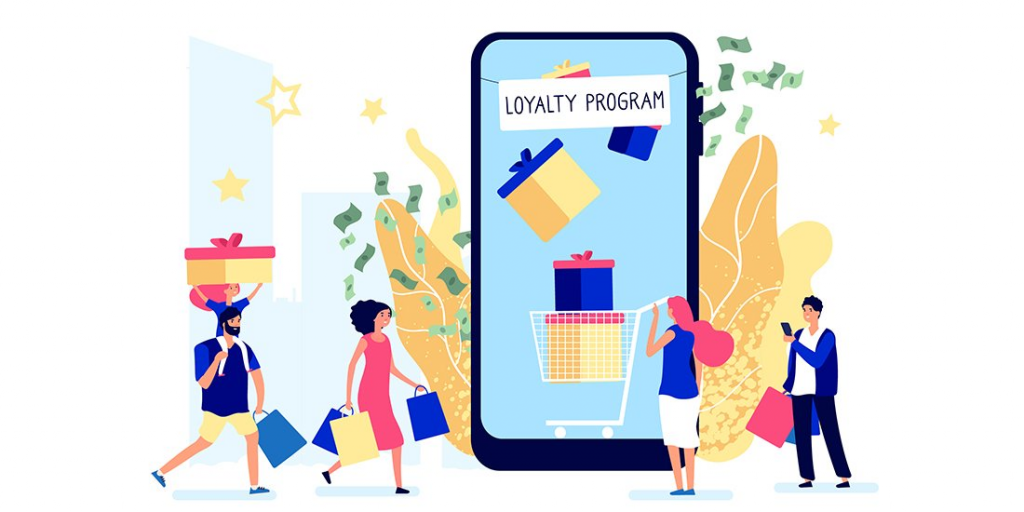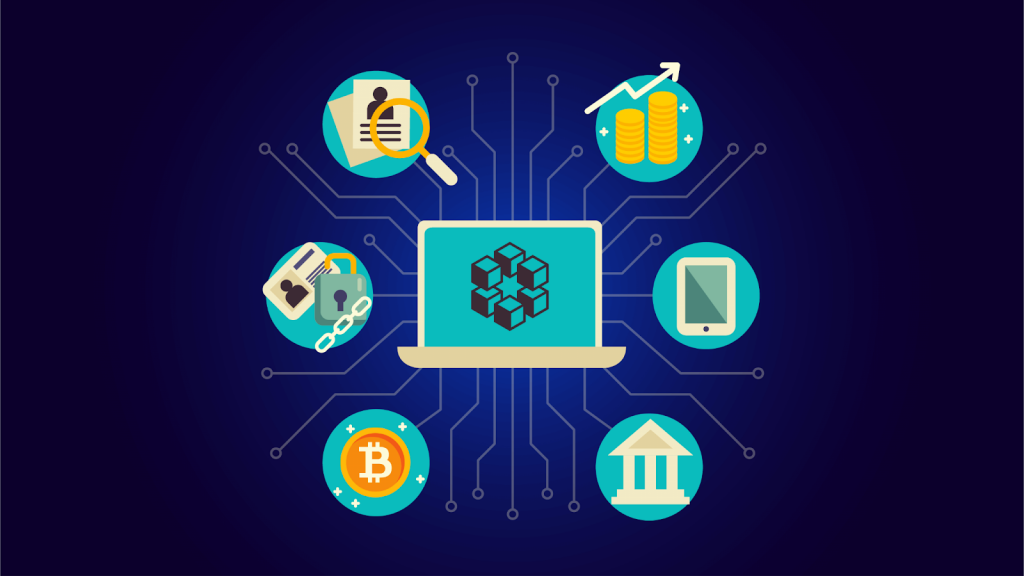For blockchain adoption, traditional retailers continue to lag. However, a paradigm shift has occurred in recent years, with an increasing number of organizations recognizing the potential for this technology.
Blockchain can increase transparency, auditability, and confidence in various business processes, allowing retailers, payment gateways, and customers to build trust.
Consider some of the extraordinary blockchain applications in retail industry.
Maintaining product quality
Blockchain has apparent implications for tracking where products come from, whether they are genuine, and how well they are maintained.

Let’s say a product is discovered to be flawed. In that case, a blockchain history allows a company to trace back through the supply chain, manufacturers, and batches, identifying suppliers that may have been tainted. This technology will enable retailers to easily recall products and address supply chain issues.
Tackling fraud
According to estimates, fraud costs the world’s economy $5.38 trillion annually. The advantages of an incorruptible digital information ledger are clear in this context. Companies, for example, can put invoices on the blockchain to ensure they don’t change hands between supplier and buyer to prevent procurement fraud. That all parties must verify transactions also helps to reduce fraud.
Because counterfeit goods lack this verification history, retailers can guarantee product authenticity for products tracked on the blockchain. For blockchain to serve this purpose, the integrity of the data entered the ledger must ensure.
Managing consumer data
Adopting the General Data Protection Regulation in the European Union and the California Privacy Rights Act in the United States highlighted the importance of effective consumer data management. Organizations must handle consumer data responsibly, as they continue to collect more consumer data than ever before.
Blockchain technology enables decentralized identity (DID),, allowing individuals to store their data outside organizational databases. DID will help data and any links that point to it to be stored on the blockchain, allowing for user identity and data verification when needed. An individual, rather than, say, an email service provider, owns and stores the DID.
Improving loyalty programs

Customer data collection poses security risks and is a crucial driver of loyalty programs. Customer data can protect via loyalty schemes by exchanging digital tokens for rewards rather than data via smart contracts, which are programmed onto a blockchain and automatically triggered when certain conditions are met. Smart contracts help to improve efficiency and security, reduce costs through process automation, and reduce the need for centralized redemption process management.
Loyalty program operators create their own digital rewards currency to simplify point accrual and redemption among partner organizations. In this way, increasing flexibility and removing typical loyalty program restrictions can lead to increased customer engagement.
Tracking inventory
In the retail industry, effective inventory management is critical. Better control reduces inventory costs, improves order fulfillment and customer satisfaction, simplifies supply chain management, and improves forecasting and profit margins.
Giving unique blockchain identifiers to assets like inventory units, orders, and bills of lading, as well as the supply chain participants who interact with those assets, provides unchangeable visibility to every point of the supply chain.
Enforcing labor rights along supply chains worldwide
According to the most recent data, 24.9 million people are subjected to forced labor. Blockchain has been promoted as a potential solution for documenting and verifying workforce compliance throughout the supply chain, providing immutable evidence that regulators can audit.

However, blockchain is not a panacea for resolving issues of forced labor. Companies exploiting their human resources, for example, can enter incorrect or fraudulent information, giving the impression of a clean social audit. As a result, blockchain must be implemented in tandem with labor-responsibility principles.
Automating back-office administration
Blockchain aids in the automation of administrative processes in retailers’ back offices; for example, the use of smart contracts enables quick payment to freelance contractors upon project completion. Repetitive data-heavy administrative tasks, such as payroll administration, can be digitized and tracked in real-time, freeing staff to focus on creative value-added work rather than menial tasks.
More effective payment systems
Blockchain has payment implications that extend beyond cryptocurrencies. Because it eliminates the need for authentication overheads, it might reduce the financial services infrastructure cost. Blockchain technology has a wide range of potential applications for payment systems, including the transfer of digital and physical assets, automated contracts, and intellectual property protection.
Conclusion
Blockchain applications in retail industry are many: to increase customer trust and loyalty or eliminate labor-intensive administration. It allows for faster, more reliable, and consistent agreement between parties. In an industry where these steps are critical, blockchain is finally making it possible to keep accurate records and track inventory. Businesses of all sizes can benefit from the trust, transparency, and transaction efficiency that blockchain brings to the retail industry as the technology matures.
Consider SmartOSC if you want to learn more about blockchain technology and keep your skills up to date in a changing industry.
Contact us if you have any queries about Blockchain development services, dApps development, NFT marketplace development, Crypto wallet development, Smart contracts development.

